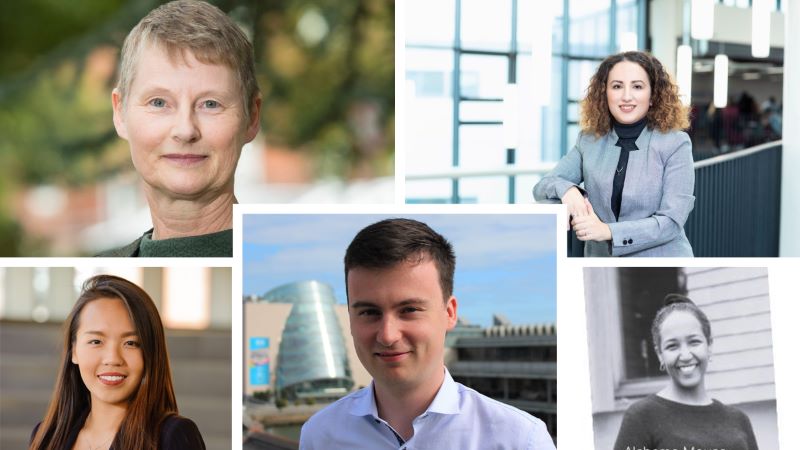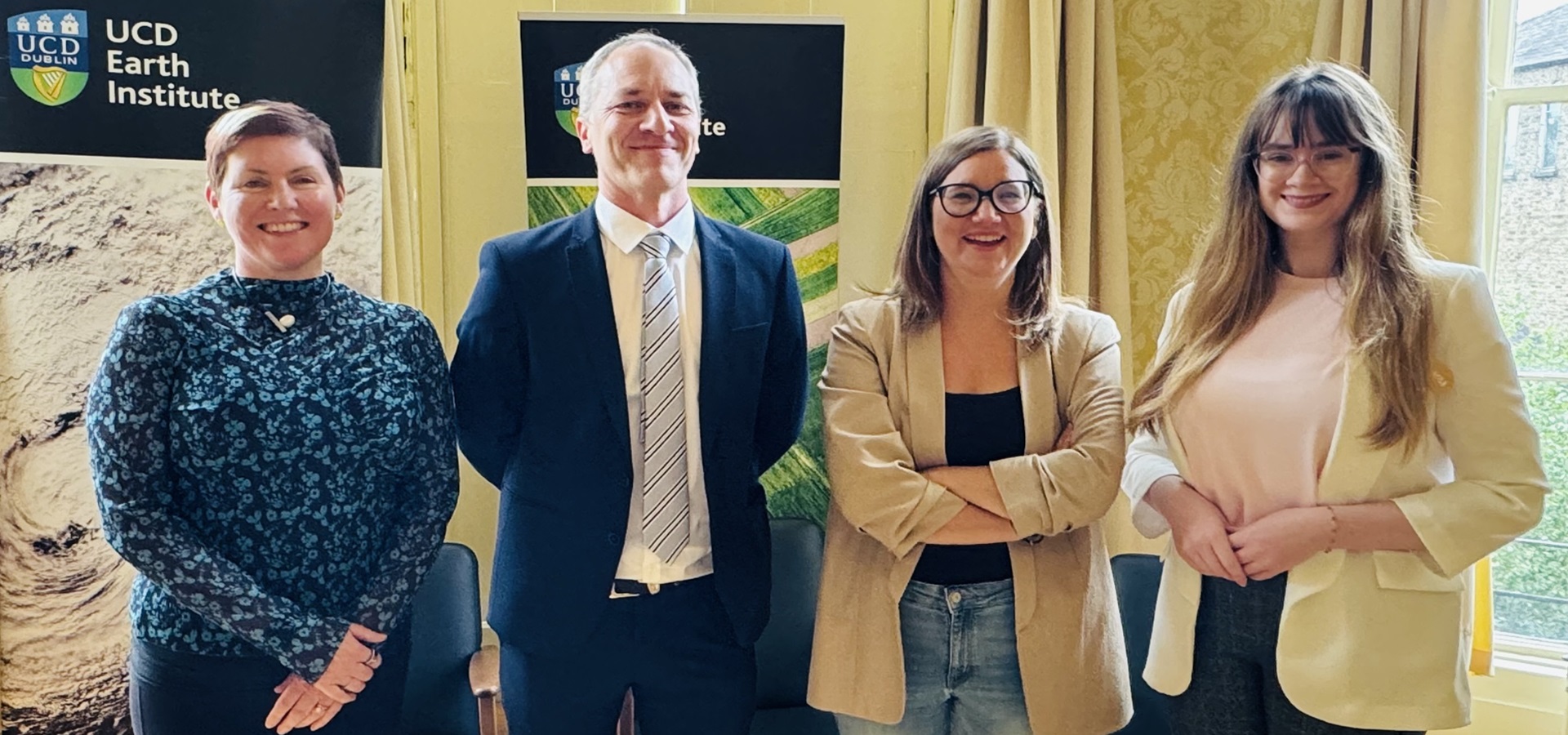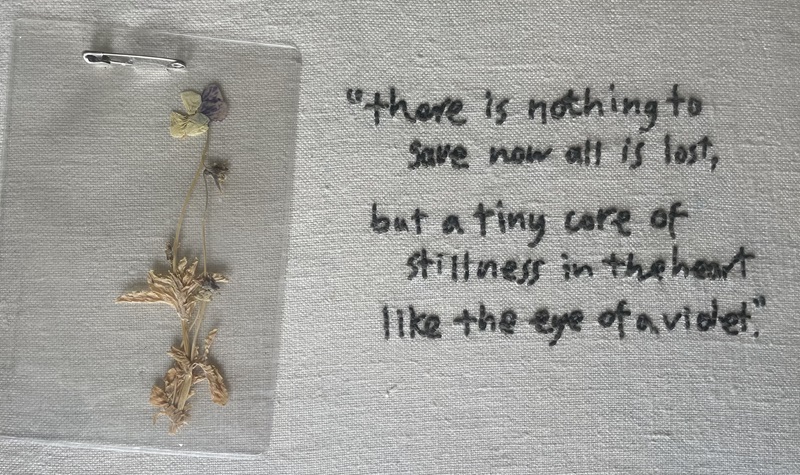An Uber-Sustainable Energy Community for Higher Education in Ireland?

Sustainability has become an integral part of third-level education and training. As well as an explosion in sustainability and related degrees and modules, students and staff across campuses are often keen to reduce waste and carbon emissions.
Many Higher Education Institutions (HEIs) are now making sustainability a priority both in policy and practice, with initiatives such as plastic-free campuses and local clean energy schemes in the form of heat pumps and solar panels.
So, can HEIs in Ireland work together to have even more impact on energy sustainability? That’s what representatives from around Ireland set out to discuss at a recent gathering in May 2024.
The meeting, hosted by University College Dublin’s Sustainable Energy Community (SEC), welcomed representatives from the Sustainable Energy Authority of Ireland (SEAI) and its mentor network, the EU-funded AURORA project and HEIs including Atlantic Technological University (ATU - Galway, Mayo and Sligo), Dublin City University (DCU), Technological University of Dublin (TU Dublin), University of Galway (UG) and UCD.
Sustainable Energy Communities (SECs) are an initiative of the SEAI that look to engage and enable energy citizens to work together to achieve their energy goals. One of the key topics up for discussion at the UCD workshop was whether and how HEIs in Ireland should pool resources and approaches and build such a community.
The meeting heard from individual institutions about their current practices and challenges, where local SECs seek to lead the energy transition in their locality, in some cases through an active leadership role and demonstrating energy efficiency and emission reduction in action.
Martin Brocklehurst spoke about the EU-funded AURORA project, which empowers several thousand citizens across five locations in Denmark, England, Portugal, Slovenia and Spain to make more informed energy decisions.
One of the key messages from the meeting was that HEIs have a significant opportunity to reach many students and staff now and impact their behaviours into the future. HEIs also offer an environment for mixing research and education for energy sustainability, for example through ‘living labs’.
The discussion highlighted that HEI’s face some similar challenges around sustainable energy and can so share best practice, though each locality may have its own nuances and opportunities for positive change.
Given the diversity of approaches taken by the HEIs, further thought is needed on whether a Community of Common Interest could be beneficial, or if a looser network of HEI SECs would be more useful.
Next year will see another workshop to map communalities and share progress.
Further information
Read the full workshop report [pdf] or find our more on the UCD SEC website where this was originally published.

